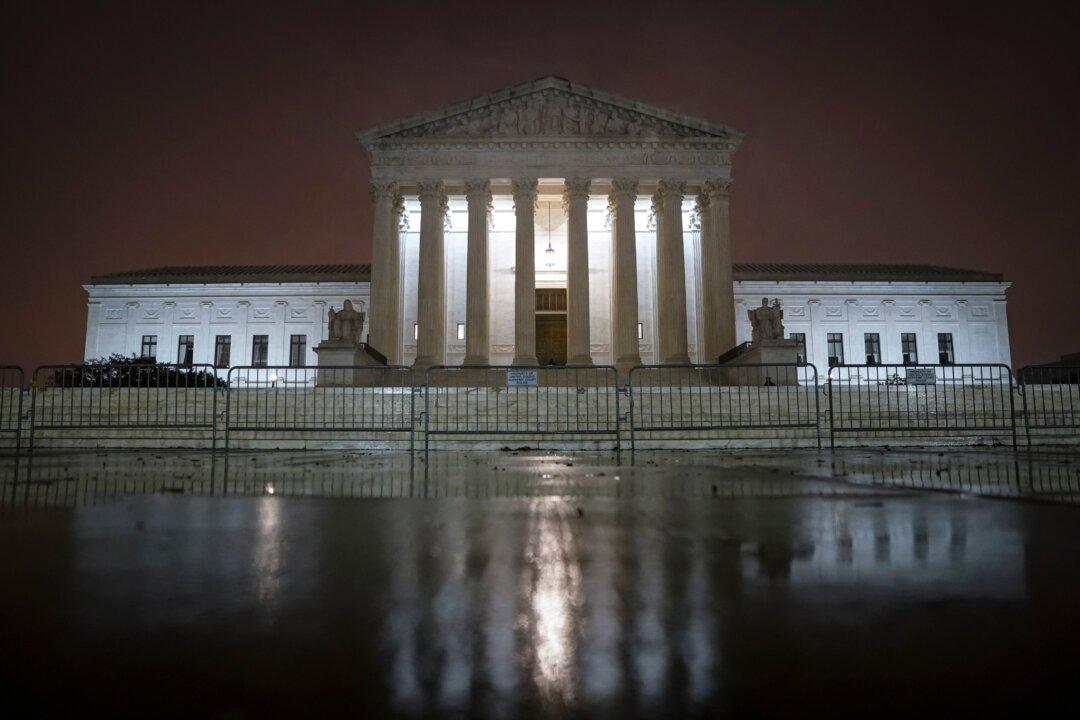Commentary
In the weeks leading up to Nov. 3, Americans cast their ballots for presidential electors. The results in most states are clear.

In the weeks leading up to Nov. 3, Americans cast their ballots for presidential electors. The results in most states are clear.